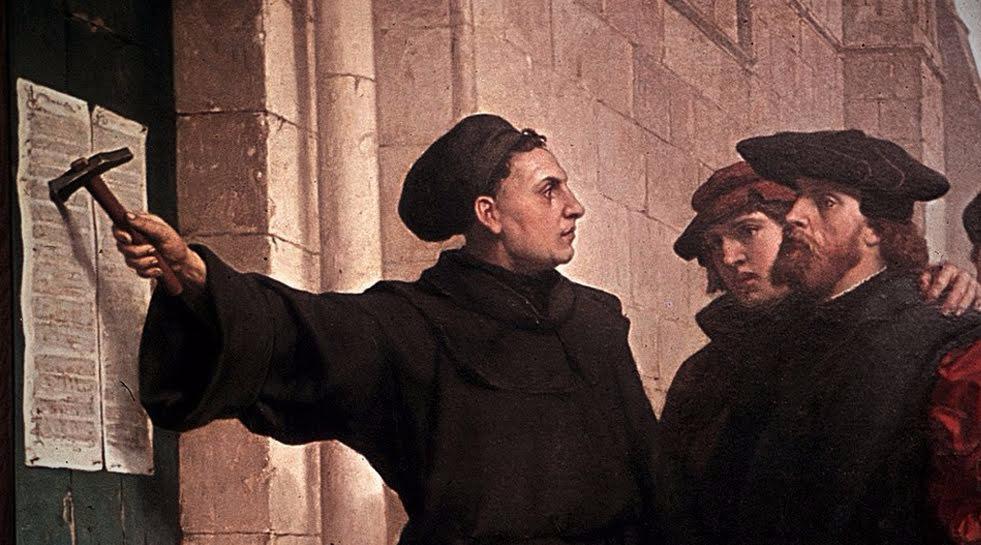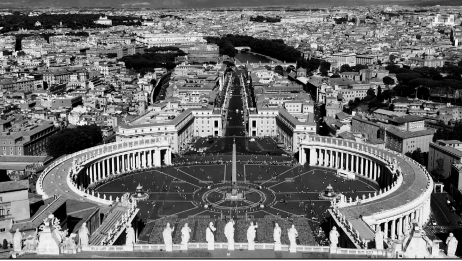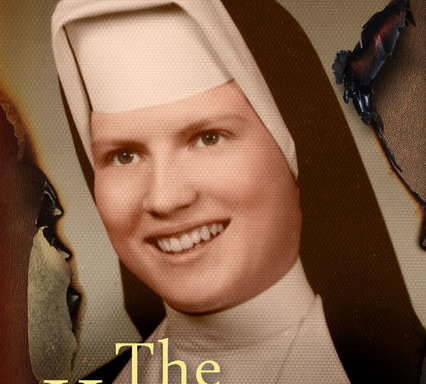By Alexis Longoria
This year marks the 500th anniversary of the Protestant Reformation. One might be quick to dismiss this as simply being a fun fact pertaining to the year, but there is much more to consider.
The history of the Christian Church is immensely tied to the entire development of modern western civilization. The effects of the reformation live on within our own era, and this commemoration of the movement is a call for us to ponder these effects.
It all started with the stubborn-headed Augustinian who set the wheels in motion and challenged the institutional corruption of his day. It is a surprising feat when one considers the resolve that would have been necessary for a humble friar like Martin Luther to take on the entire Magisterium of the Roman Catholic Church.
His was a battle of ideas and of the spirit. It is not surprising that his name is shared by an American civil rights leader who conserved in his own movement an element of the same spirit.
The Protestant Reformation gave a tone of individuality to ecclesial life. The notion that there was a set hierarchy established by God was not well received.
Instead, the reformers professed the priesthood of all believers. This also meant that all believers could read and interpret holy scripture. This had a tremendous impact on the way that the Protestant denominations would develop.
The Protestant idea that all matters of faith should be decided based on scripture alone was another dividing issue. A combination of these two core ideas brings us to the present state of affairs. The more individuals begin to disagree on their interpretations of scripture and subscribe authority to themselves, the more denominations are made.
Presently there are 30,000 protestant denominations, some of which have a vibrant presence on this university campus. Regardless of the differences that are present between the Catholic and Protestant traditions, both are Christian traditions.
A commemoration and awareness of the strengths and weaknesses of both traditions should help all to come into a true dialogue. One which does not seek to convert the other side but simply seeks to learn through conversation. Whether we see the Protestant Reformation as an immense step forward in human history or as a complete theological car crash, there should certainly be room for dialogue.
longora16@bonaventure.edu









